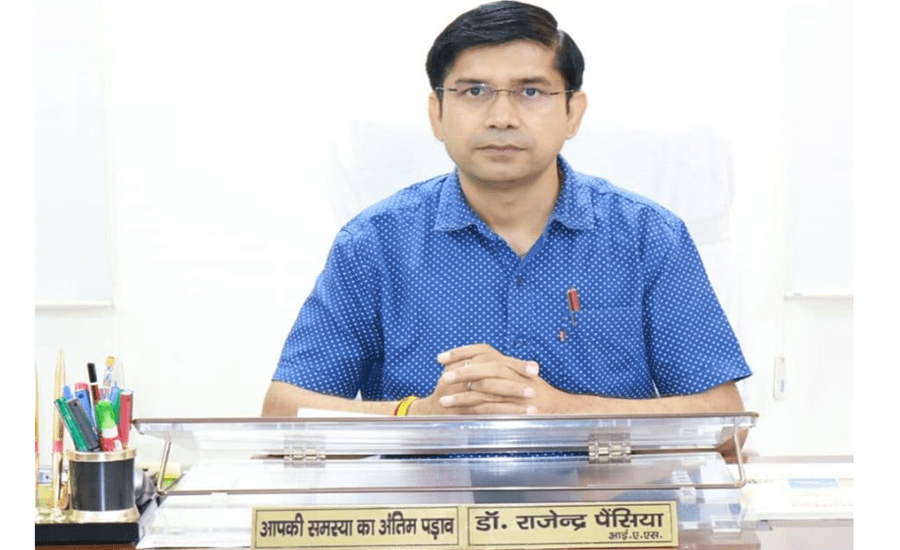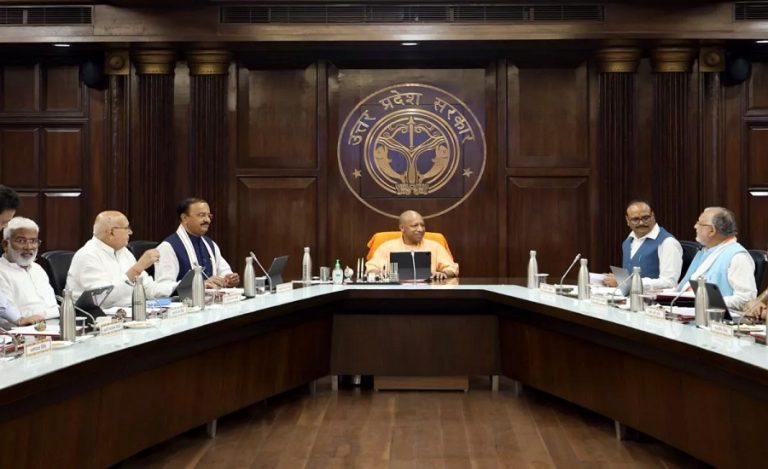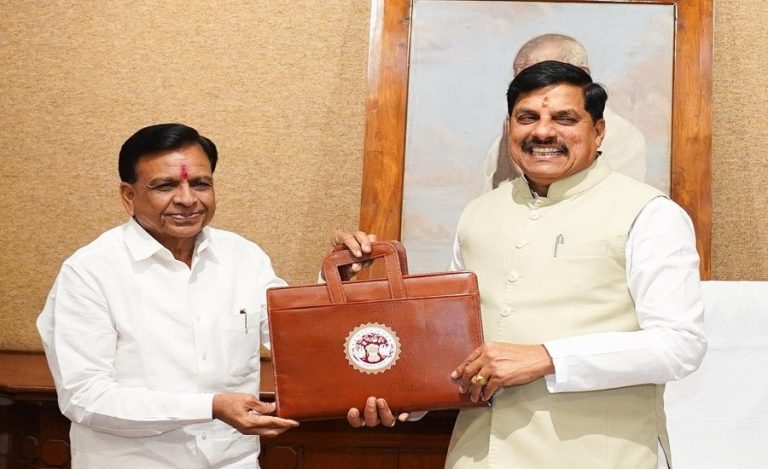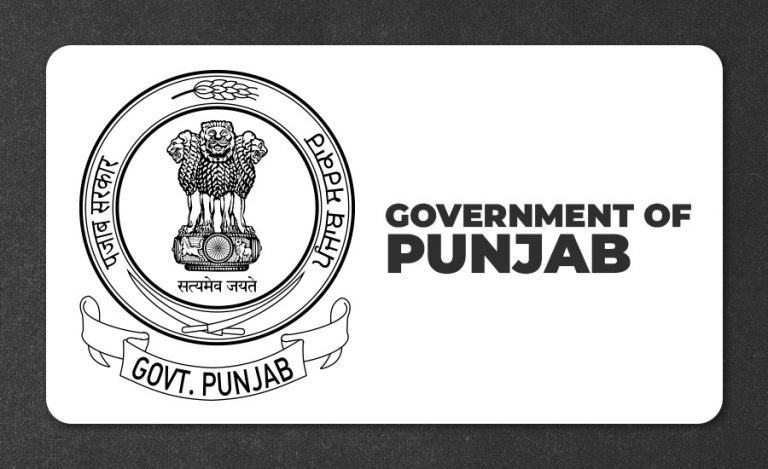Bhadohi: District Magistrate of Bhadohi, Uttar Pradesh, Dr Rajendra Pensiya, an IAS officer of 2015 batch, held a comprehensive review meeting at the Collectorate auditorium on Wednesday to assess the performance of various departments under the Integrated Grievance Redressal System (IGRS). Emphasizing greater accountability, he directed all officers to establish direct contact with complainants and resolve their grievances on priority.
Officers Must Personally Communicate with Complainants
During the meeting, Deputy Collector Akhilesh Kumar presented a department-wise analysis of satisfied and dissatisfied feedback received through the IGRS portal. Responding to this, the DM instructed all departmental heads to personally speak with complainants, maintain a proper record of phone calls, and ensure timely and satisfactory resolution of each complaint.
Departments with long-pending grievances were warned of disciplinary action, and final notices were ordered to be issued to those failing to act.
Monitoring Responsibilities Clearly Assigned
District Magistrate Dr Pensiya allocated monitoring responsibilities to senior officials to streamline redressal efforts–
- Chief Development Officer (CDO) Gorakhnath Bhatt was directed to monitor development-related departments.
- Additional District Magistrate (ADM) was tasked with supervising revenue-related departments.
Chief Development Officer Bhatt further instructed officers to dedicate 15 minutes every morning to reviewing IGRS complaints and to ensure evening communication with complainants for effective redressal.
Spiritual Session on Personality Development and the Bhagavad Gita
Following the administrative discussions, Ramakrishna Goswami, Founder President of Bhartiya Charitra Nirman Sansthan, Delhi, delivered an inspiring lecture under the “Karmayogi Bharat” mission. In his session, he explored the core principles of personality development – the soul, intellect, senses, and body – as emphasized in the Bhagavad Gita.
He also discussed the message of the Gita in relation to national security and individual responsibility, motivating officers and attendees to integrate spiritual values into public service.




























